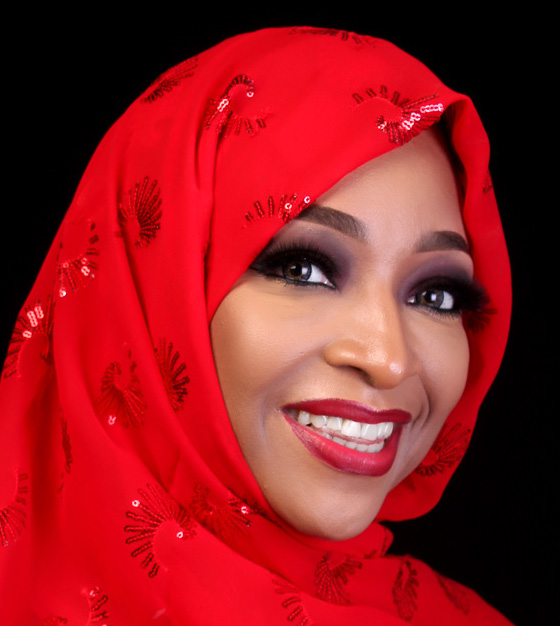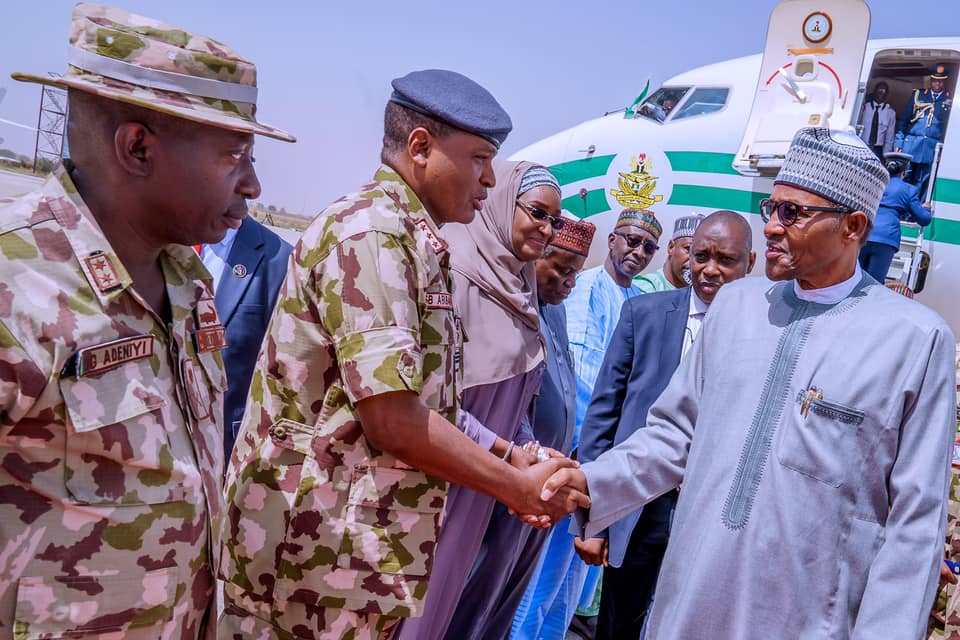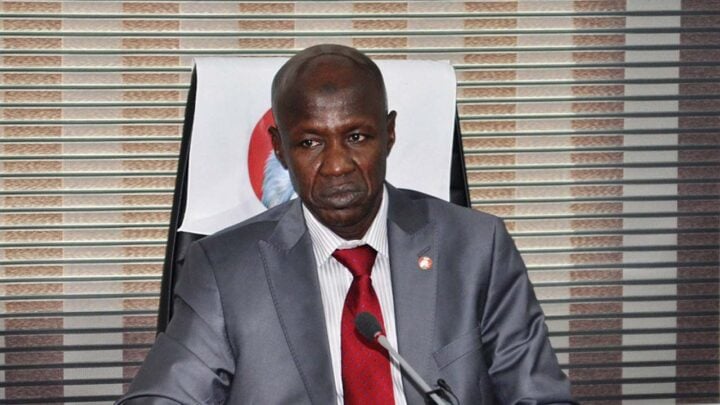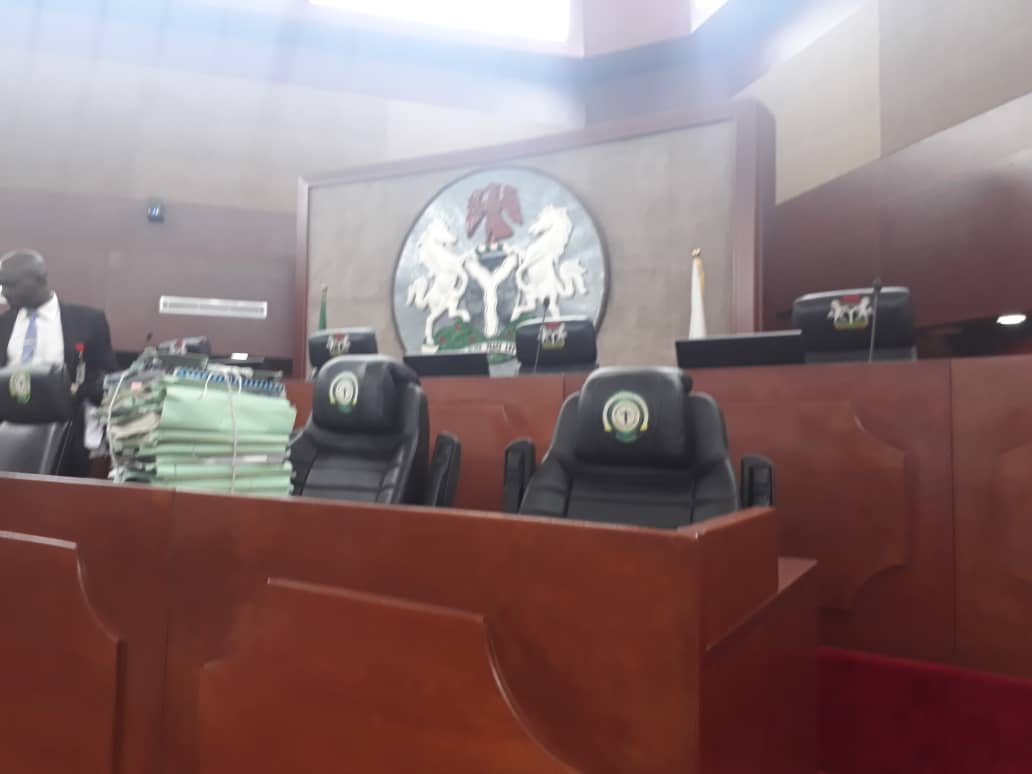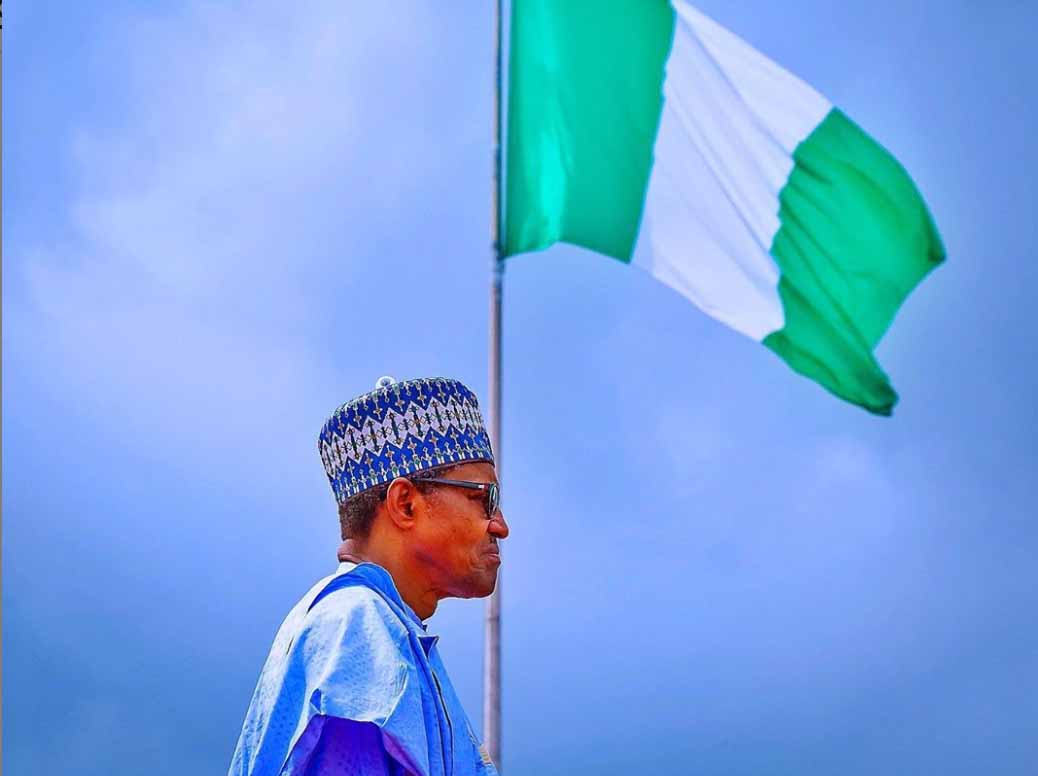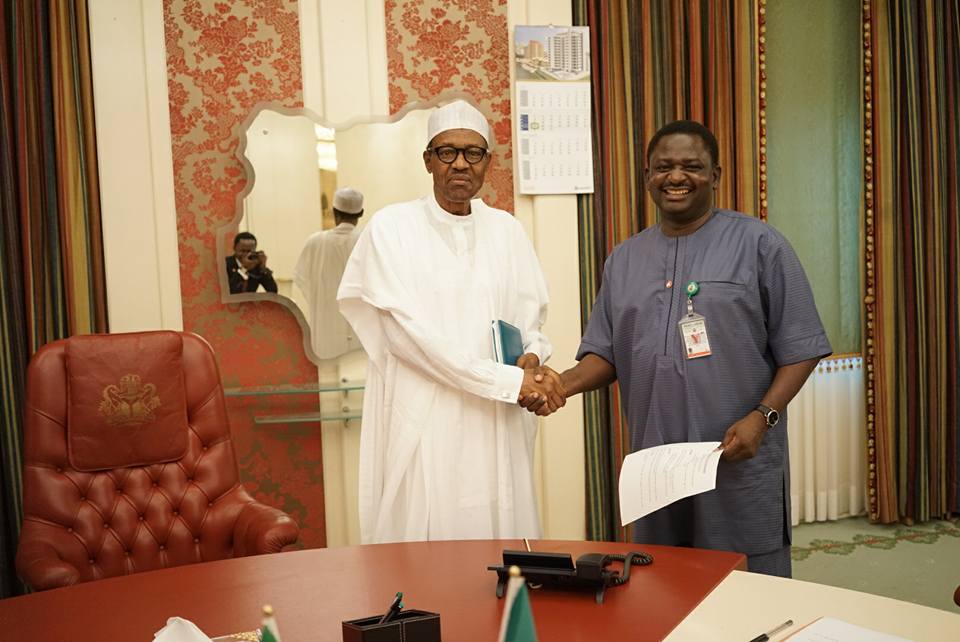When President Muhammadu Buhari returned from Ethiopia, where he recently attended the Head of States meeting, and flew straight to Maiduguri to commiserate and sympathise with the people of Borno State on insecurity, many Nigerians heaved a sigh of relief. Many felt encouraged because, in the spate of increased insecurity all over the country, the people needed reassurance from the leadership.
During the visit to Maiduguri, President Muhammadu Buhari expressed his surprise regarding some of the violent security attacks that are taking place. I found that comforting because he was raw, honest and earnest in his declaration.
There is no doubt that the level of insecurity in Nigeria has reached fever pitch. No one and no community seems to be safe. The reality affects millions of people around the country every day and can affect anyone– wives, husbands, children, fathers, mothers, uncles, aunts, neighbors, cousins, friends, employees, bosses and clergy– at any time.
People are scared of being kidnapped, attacked, robbed or killed. Communities exist with fear of being massacred… and justifiably so. The country is just too unsafe. There is hardly anyone who hasn’t had the experience of insecurity, or known someone who has, or has heard of a victim community. It is just absolutely out of control because it can happen in the shops, in the streets, at events or even in the home.
Advertisement
The stark reality is that, every Nigerian is trying to figure out how this situation with insecurity can be tackled. People want to know the position of the government and are curious as to whether the leadership is aware of what they are experiencing and in touch with their needs.
This is why President Buhari’s trip to Maiduguri was vitally important and crucial.
However, even though the gesture of the trip to Maiduguri and the words of the President in his statements are somewhat reassuring, people are still agitated when it comes to the subject of insecurity. In expressing this, there have been statements made by leaders and it has been reported that there will be planned protests all over the country over the state of insecurity in the land.
Advertisement
A statement, such as the one recently made by Bishop Mathew Kukah when he expressed disappointment with the President’s handling of the security situation and the planned protest have all come about as a necessary expression of desperation people feel to the plight that they are facing. These are some of the responses people have to the insecurity facing all of us.
It is code-red as far as security goes in Nigeria. And that is one thing almost everybody can agree on. So when the people are expressing a genuine outcry or try to give their constructive criticism in regard to the insecurity abound, it is infuriating to see the delusional defensiveness displayed by government handlers. In trying to obsequiously defend the government, they are invariably undermining it.
It was very disappointing and aggravating, to say the least, to see government handlers giving interviews, in which they discussed the response people are having to insecurity. And let us be clear, any planned protest about insecurity in this very atmosphere, at this very time is probably more out of a genuine concern about the insecurity in the country than it is a politically motivated scheme. One can deduce this because the reality is that there is dire insecurity in the country. That is a fact!
For any handler to so garishly label a Planned Protest, at this very time in Nigeria, a contrived and sponsored agitation is incredible. Even if it is a protest sponsored by unfriendly elements, as long as there is a real situation on ground that precipitates it, then that agitation, in the form of a planned protest, remains valid and, perhaps, even necessary.
Advertisement
To declare that a planned protest on insecurity in the midst of the kind of dire security situation we are in is ‘not bad if it is contrived’ seems rather bewildering. If there is insecurity on ground, do the handlers expect people, opposition or not, to just remain shtum?
To hypocritically claim that any Planned Protest means that Nigerians are politicizing security is speaking ‘directly to your own fact!’ The handlers labeling any Planned Protest or general outcry as political are themselves politicizing security in the same way they accuse others. By labeling the necessary outcry of Nigerians, at a necessary time, as ‘political’ is, in and of itself, using security as politics and injecting politics into the insecurity situation. It is almost as if handlers are not only accusing any outcry but trying to prevent that necessary outcry.
While one does understand the concept of ‘Collective Responsibility’ and expects to see it exhibited by all members of the administration, however, the handlers coming on air, responding to Nigerians expressing their concern about insecurity by seemingly dismissing or minimizing the plight of the common man are completely taking the mickey. They are taking away from the gains that the President made during that trip. The trip made to Maiduguri by the President and the statements he made while on it aligns him with the plight of the people. Defensive statements made by handlers in the aftermath of the trip suggest to unravel that alignment.
By trying to dismiss the general outcry of the Nigerian the world heard from the masses during the President’s trip to Maiduguri and reducing the majority voice by describing it as ‘noises of dissent’ of a small cluster of political detractors is absolutely ridiculous. Perhaps, those speaking up by trying to rubbish the fact that Nigerians are anxious about the security are unaware that the average Nigerian is a target, every second and on a daily basis, no matter where they are.
Advertisement
To suggest that the people who came out in Maiduguri, during a rare opportunity, to express their desperation to their leader, as ‘noises of dissent of 1% of the 10%, which the opposition in Borno scored’ is delusional. How can they be sure people protesting in Maiduguri were 1% of the 10% of the opposition unless there was a survey taken? How do the handlers know that those protesters weren’t genuine members of the community who had genuine concerns that they were expressing?
It is unfair to a community ravaged by the very essence of violence. To call those living in the eye of the storm, existing in the peril of aggression and speaking out of desperation ‘the Judas out of every twelve’ is quite cruel, especially if the people speaking do not have to live under the dire circumstances the people of Borno are destined to live under with their families.
Advertisement
To go further still, the incongruity of describing Bishop Mathew Kukah as ‘just one man who has a right to an opinion,’ regarding the recent statement made by the Clergy on general insecurity in the whole country, was jaw wrenching. Bishop Kukah is obviously a man and there is one of him, so ‘yes’ he is one man! Incidentally, he is a man who spoke the minds of millions of people. In trying to fluff-off Bishop Kukah by suggesting that he was never denied from holding mass in Sokoto, as the Bishop of the Catholic Diocese of Sokoto, is completely missing the point. No, in fact, it is not missing the point…It is much worse. Handlers trying to deflect the point that Bishop Kukah recently made in his statement, by declaring that ‘no church in Sokoto had been invaded or prevented from worship by government’ is a pure insult to every single sensibility of a spotless mind!
Granted, one can do their job and try to imbibe the concept of ‘Collective Responsibility’ all they want. But if, by doing so it appears to misrepresent the leader that they are speaking for and dismisses the genuine plight of ‘a people,’ they make a mockery of the whole operation of ‘government of the people.’
Advertisement
When the public lacks even the most fundamental ability to speak out and relay its concern, without a government handler branding them as the ‘1% of the 10%’ or as the ‘Judas out of the Twelve,’ then the people cease to be involved in the act of citizenship. When the freedom of the people to be honest, generate earnest observations, give much needed constructive criticism and cries out to its government is dismissed or stifled by handlers, then bad decisions are often made. And when bad decisions are made, heartbreaking tragedies on a breathtaking scale often occur.
Listen, ‘With great power comes great responsibility!” And with that great responsibility comes the opportunity for criticism. It doesn’t matter if the leader is the Queen of England, former President Obama, the late Mandela or President Muhammadu Buhari, once one becomes a leader, they are bound to face criticism along their path. That is just part of the package that comes with leadership; it’s inevitable.
Advertisement
When one makes the decision to stand on that mantle of leadership, they must appreciate that. And the handlers speaking out on behalf of government need to understand… Really, really understand that.
The cogent element that separates great leaders from those who misunderstand this part of their responsibility is their ability to face criticism with a sense of urgency, with grace and with the will to deal with them responsibly and in a manner that speaks to the people. But a leader will not be able to do that if handlers are deflecting from the situation on ground and changing the narrative.
People have always scrutinized leaders, especially when there is a need to do so. And at the moment in Nigeria, there is a need to do so on the subject of insecurity. But nowadays, the world has become a small village and the vast voices of government critics have become amplified. What would have been a small local snafu twenty years ago can now spark viral outrage across the country. Government handlers must know this fact.
No government should shy away from taking responsibility if valid points are made during an outcry. And government will not know whether the outcry stems from a valid place if handlers merely dismiss every criticism as political distractions.
Government has to have the courage not to shift responsibility the way some handlers do because it gives the impression that the administration is insincere. And that might just be doing a great disservice to a President who travelled to Maiduguri to show solidarity and commitment to the people.
Great leadership thrives from feedback. And Nigerians are presently trying to give that feedback. Instead of handlers pushing away critics, as the ears, eyes and mouth of the government, they should pull them on board so that they ensure that people are given the service and listening ear they require.
Handlers should take note that listening to the outcry of the citizens with compassion and understanding will go a long way towards helping the nation to work together to ameliorate insecurity. Rather than shrugging off criticism, welcome it as a way to improve governance and conditions of the people. This is the expectation of Nigerians, especially in such dire situation of insecurity.
I invite you to follow me on Twitter: @hanneymusawa
Views expressed by contributors are strictly personal and not of TheCable.
Add a comment
